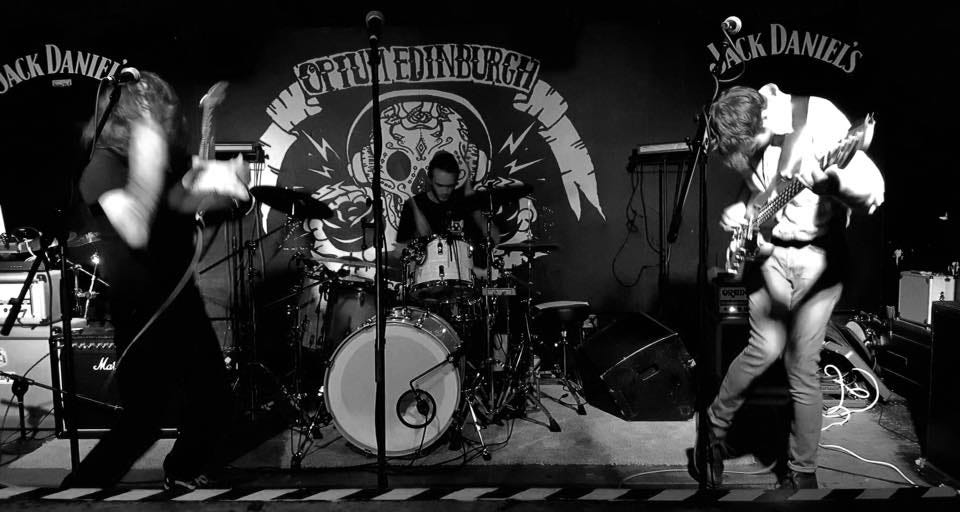Interview: Attic Choir

What got you into music, and if you had not gotten into music what would you be doing today?
Andrew: I was just drawn to it from a young age, hearing all kinds of music on the radio, then stumbling upon rock music and opening up this whole new exciting world, it was amazing. At the same time, though, it seemed unobtainable, when I saw bands on TV and th…
Keep reading with a 7-day free trial
Subscribe to Volatile Weekly to keep reading this post and get 7 days of free access to the full post archives.


